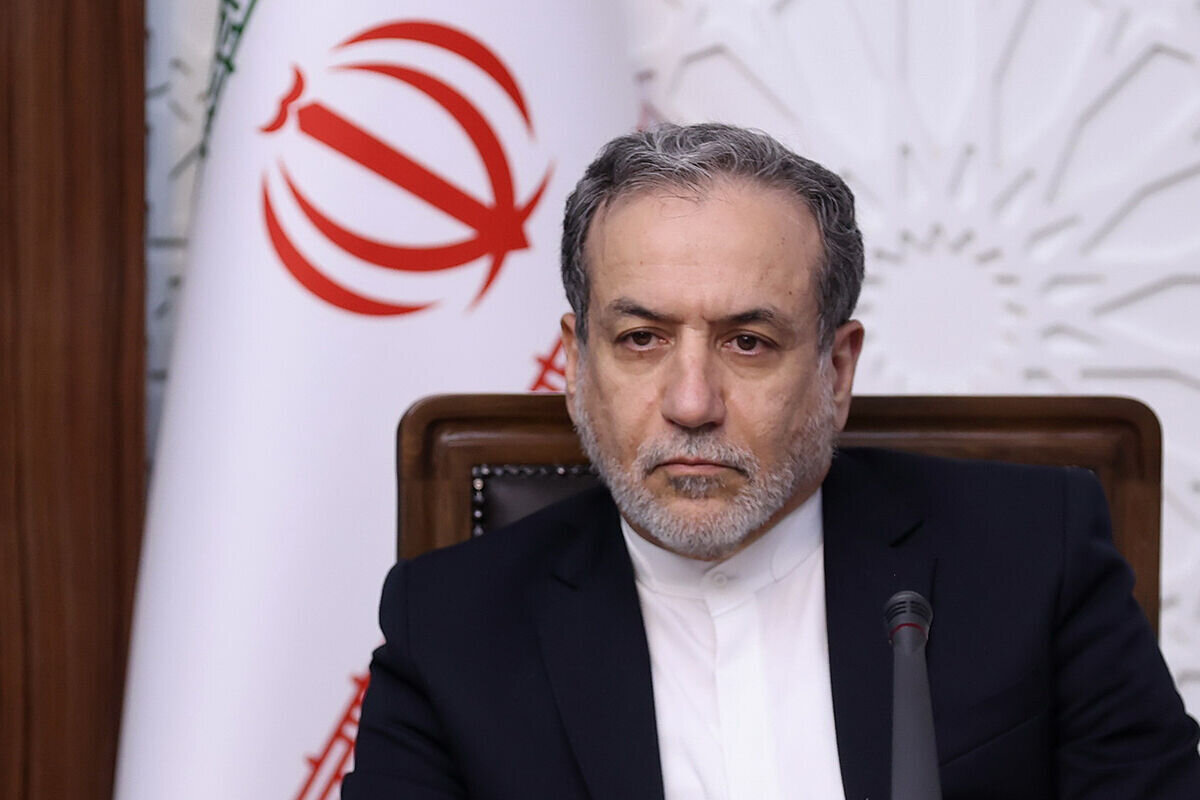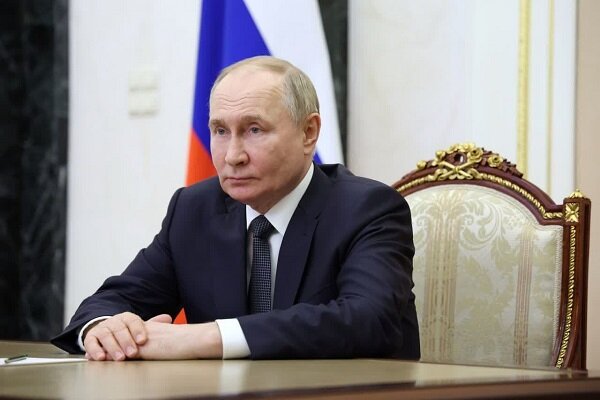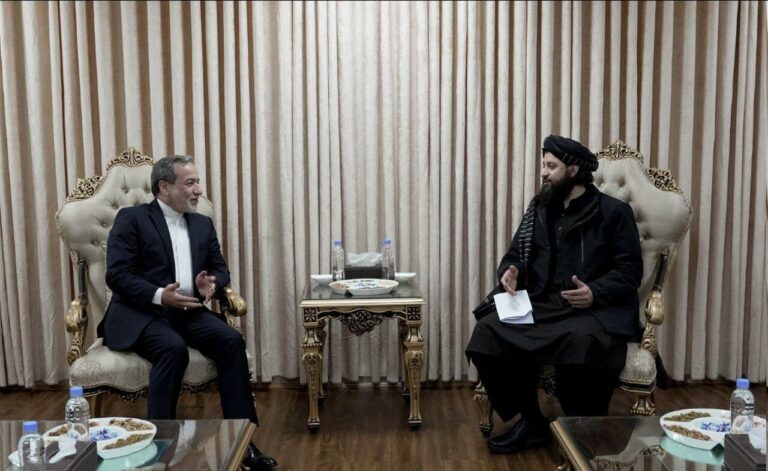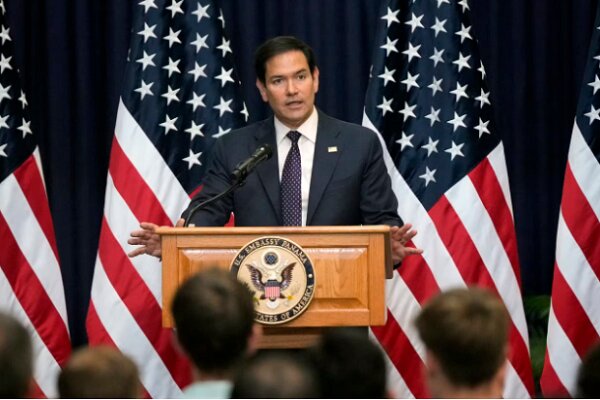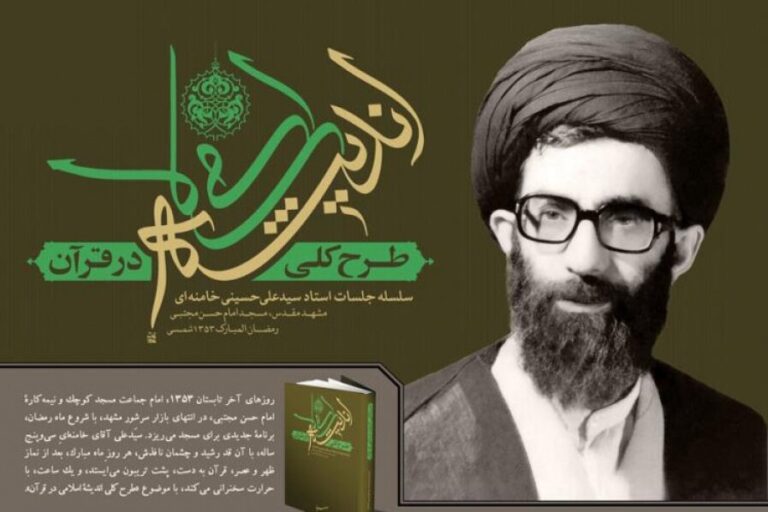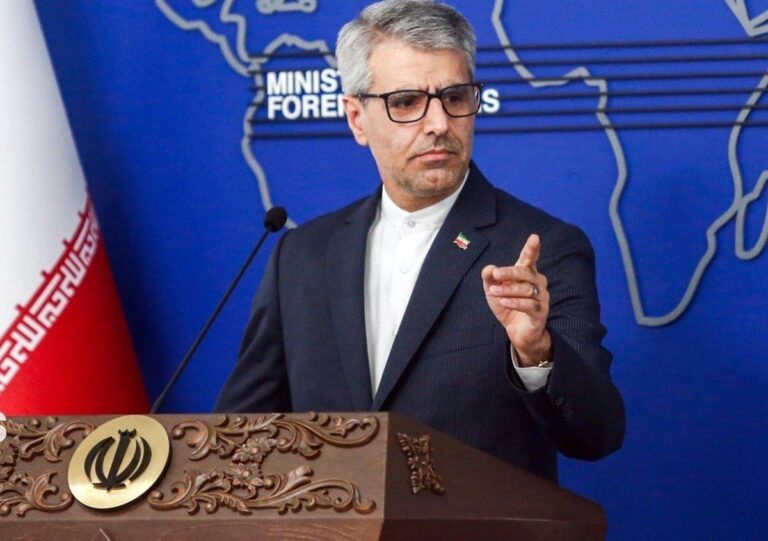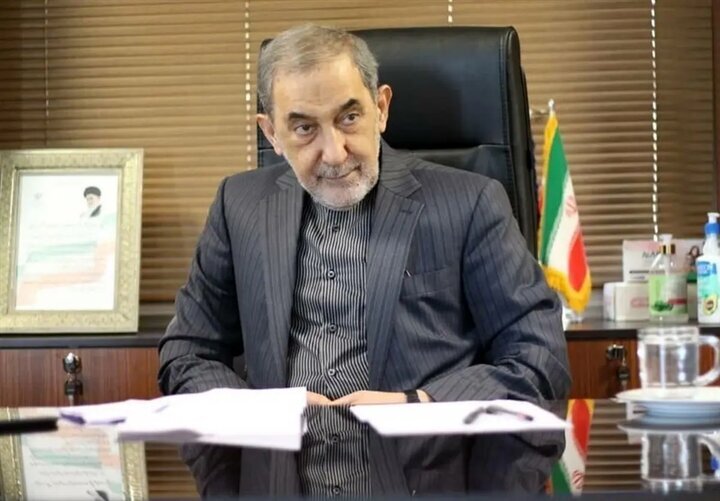Araghchi Engages UAE and Egypt Foreign Ministers in Vital Regional Discussions
In a recent diplomatic exchange, Iranian Deputy Foreign Minister Abbas Araghchi engaged in significant phone calls with key Middle Eastern officials, emphasizing the need for collaboration in addressing regional crises and enhancing diplomatic relations. This discussion highlights the importance of international dialogue in promoting peace and stability in the region.
During his conversation with Sheikh Abdullah bin Zayed Al Nahyan, the Emirati Foreign Minister, Araghchi expressed gratitude for the UAE’s role in facilitating communication between Iran and the United States. He acknowledged the delivery of a letter from US President Donald Trump to Iran, which serves as a crucial link in ongoing diplomatic efforts. The two leaders discussed:
- The latest developments in Iranian-American relations.
- Strategies for strengthening bilateral ties.
- The importance of fostering regional peace and stability.
Both Araghchi and Sheikh Abdullah underscored the significance of continuous discussions to enhance cooperation and mutual understanding between their nations. This dialogue is critical not only for their bilateral relations but also for the broader context of regional dynamics.
In a separate dialogue with Egyptian Foreign Minister Badr Abdelatty, Araghchi turned his focus toward the escalating crisis in Gaza. He expressed grave concerns over the humanitarian situation and the urgent need for coordinated regional actions. Key points from their conversation included:
- The escalating violence and humanitarian crisis in Gaza.
- Calls for an immediate ceasefire to prevent further loss of life.
- The need for regional powers to unite in response to Israeli aggression against Lebanon and Syria.
- Addressing the impact of US military actions on Yemen and its regional implications.
Araghchi’s remarks emphasized the pressing necessity for a cohesive approach among regional countries to address the dire situation in Gaza. He articulated the view that the ongoing violence constitutes a humanitarian emergency that requires immediate attention and action from the international community.
Furthermore, Araghchi highlighted the following urgent issues:
- The critical need for humanitarian assistance to Gaza.
- The importance of international diplomatic efforts to mediate and resolve the conflict.
- Encouragement for all regional actors to engage in constructive dialogue.
These discussions reflect the broader context of rising tensions in the Middle East, where various conflicts intersect and impact regional stability. The Iranian leadership’s call for unity among Middle Eastern nations is a vital step toward addressing these issues comprehensively.
As the situation develops, the role of diplomacy becomes increasingly pivotal. Both Iran and the UAE, along with Egypt, have the potential to influence outcomes in the region by working collaboratively. The emphasis on diplomatic channels rather than military interventions signifies a shift towards more peaceful resolutions.
In conclusion, the telephone conversations between Araghchi and his counterparts from the UAE and Egypt underline the importance of continued dialogue in these critical times. The urgent need to address humanitarian crises and prevent further escalations in violence remains at the forefront of their discussions, highlighting the ongoing commitment to regional peace and stability.
As the international community watches closely, the outcome of these dialogues may very well shape the future of diplomatic relations in the Middle East. The actions taken by these nations in response to the challenges they face will be crucial in determining the trajectory of peace and cooperation in the region.
